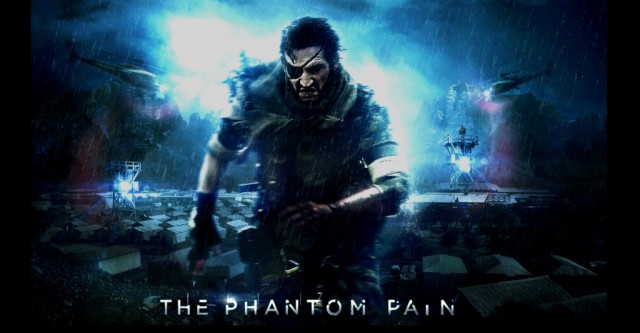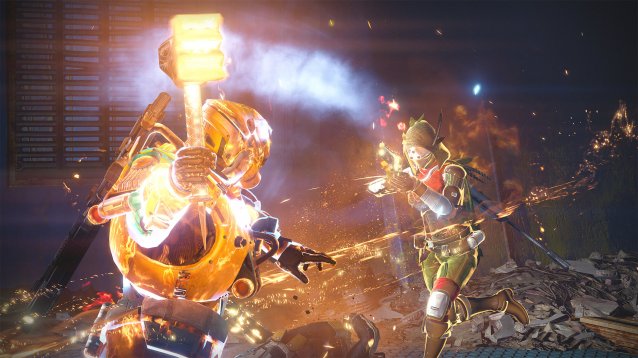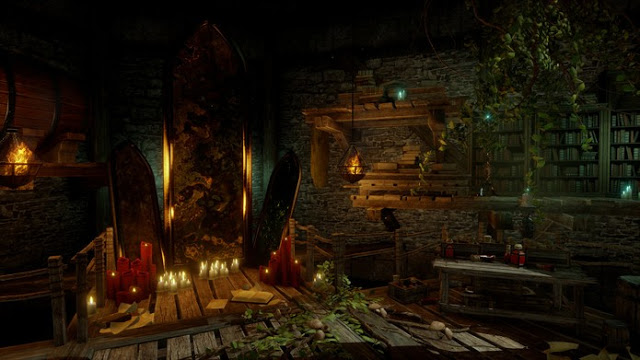

“Why don’t you grow up and stop playing video games?”
Has someone ever posed that question to you? Maybe it was a family member who didn’t want to hear about your Call of Duty kill/death ratio at the dinner table. Or was it a co-worker who shouldn’t have asked what you did last night if they didn’t want to hear about you trying World of Warcraft for the first time?
To a person outside of the hobby looking in, it can seem like video gamers are spending hours on end escaping into power fantasies, when in fact there’s much more going on. Many game developers today dare to ask complex questions with their stories, or cleverly use mechanics to evoke powerful emotional responses. When fans get their hands on the latest titles, they turn to the Internet to discuss how the stories and design decisions affected them, just like a reader might analyze a novel at their local book club.
These three YouTube channels ask and answer great questions about making and playing games. Read on to see where you can enjoy thoughtful commentary on the hobby.
The Game Theorists will blow your mind. Their lighthearted show, Game Theory, posts a detailed exploration of a video gaming question every week. Some episodes explore real world issues relating to games, like their episode on the Wii U repeating the mistakes of Nintendo’s doomed Virtual Boy console, or how YouTube sensation PewDiePie’s life choices gamed the social network’s algorithms to get his gaming content in front of tons of viewers.
Other episodes dig into video game lore with hilarious results. It turns out that when developers generate tons of fiction for their game worlds, facts in the canon that would seem innocuous enough when considered in a vacuum support some pretty outrageous theories when cross referenced with one another. Host Matthew Patrick leaves no stone unturned in his research, consulting things like interview sources and manual text alongside actual game content to provide pretty compelling cases. Perhaps, as the show proposes, Link is actually dead for the better part of The Legend of Zelda: Majora’s Mask. Weather the spoilers in the video below to see if you agree.
The channels also features two other shows called Game Exchange and Digressing and Sidequesting.
Want insights on games from a voice within the business? Extra Credits releases weekly episodes on more serious topics about game design and trends in the industry, all delivered with charming art and a dash of humor. Check out the one below about collectible games like Blizzard’s recent Hearthstone, for example. Narrator Daniel Floyd, designer James Portnow, and a rotating team of artists previously presented the show on The Escapist and Penny Arcade TV before going their own way on YouTube, and they’ve recently announced their plans to add more shows to the channel.
What really makes EC shine is the down to earth advice and sensitivity it presents. The hosts aren’t afraid to critically discuss highly charged topics like sexuality and diversity in games, but manage to do so in a way that never comes off preachy as they encourage discussion about the medium. They also offer helpful episodes, like the episode below that recommends skills you’ll need to develop if you hope to become a good game designer.
Errant Signal entertains with its really deep analysis of one game at a time. Host Chris Franklin has a lot on his mind, and the channel’s video essays regularly stretch into double digit minutes as he dismantles each title in a way that makes his opinion of it clear without ever assigning it a numerical review score. You’ll understand why this is for the best when you watch an episode. For example, he defends his disappointments with the critically acclaimed Bioshock Infinite well in the (spoiler heavy) video below. But notice that he doesn’t advertise a low review score or inflammatory video title that could easily come off as click bait. Instead, he presents his argument and lets it stand for itself.
If you’re not interested in review style content, you can still stick around Errant Signal for his videos on more general topics. Take his episode on the pursuit of graphical photorealism in games below. Have you ever questioned how strange it might be to have such realistic graphics alongside the gameplay elements we’re so used to? Let Franklin walk you through the implications.
Whether you’re just looking for some well produced food for thought on video gaming, or you need some material to convince a skeptical friend that games have merit beyond simple fun, these educational entertainers offer dozens of hours of content to stimulate discussion. Get talking! The road to tomorrow’s greatest games starts with analyzing what we play today.
Know anyone else making great, thoughtful gaming content on YouTube? Share them with our community in the comments below!
Need more about gaming today? Check out our recommended gaming Twitter accounts.
Image Credit: The Thinker photographed by Ed Menendez




 Tired of Words With Friends? We Found 2 Android Multiplayer Word Games That Are Better
Tired of Words With Friends? We Found 2 Android Multiplayer Word Games That Are Better Destiny: The Taken King Guide - The Fastest Way to Raise Light Levels
Destiny: The Taken King Guide - The Fastest Way to Raise Light Levels Save Big On TVs, Computers, and Video Games Right Now
Save Big On TVs, Computers, and Video Games Right Now Saints Row: The Third Achievements List
Saints Row: The Third Achievements List Import your Dragon Age Inquisition saves to PS4 / Xbox One
Import your Dragon Age Inquisition saves to PS4 / Xbox One